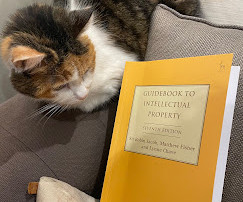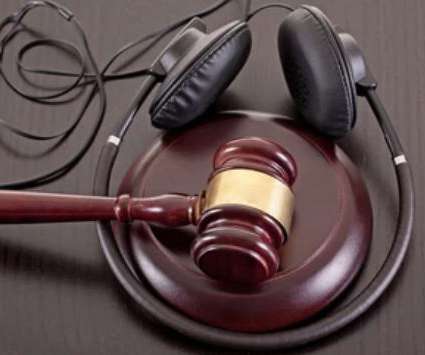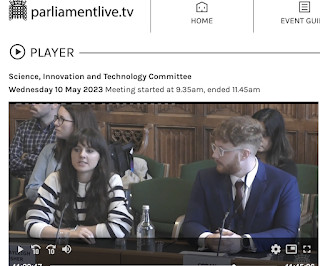Book review: Guidebook to Intellectual Property + discount code
The IPKat
MARCH 18, 2023
It provides an outline of the basic legal principles and how the IP system works. The preface reiterates that the purpose of the book is to describe the essential nature of living IP law: "What we want is the reader to come away with a good idea of how IP works in practice."












Let's personalize your content